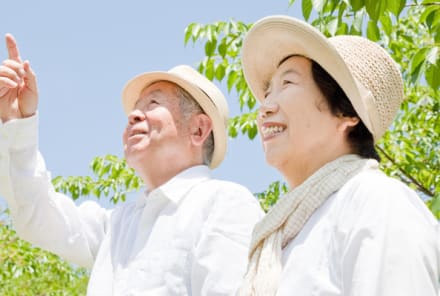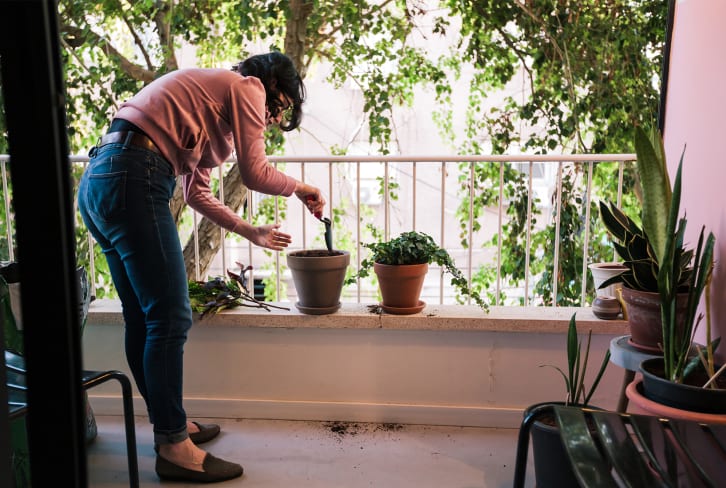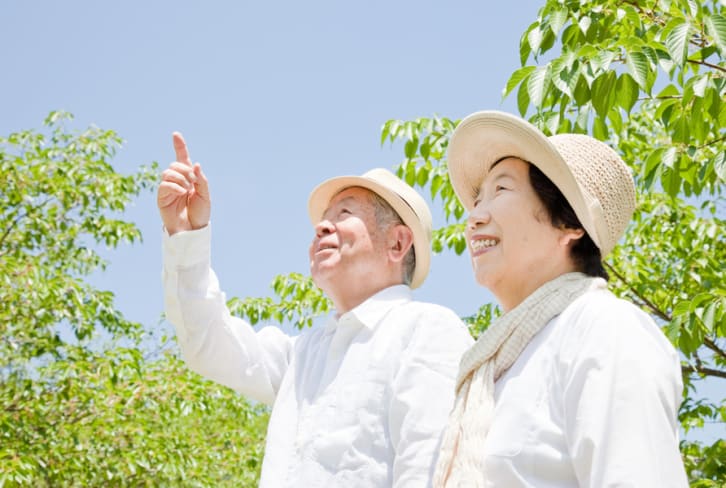Dan Buettner
New York Times Bestselling Author
Dan Buettner is a National Geographic Fellow and multiple New York Times bestselling author. He has discovered the five places in the world—dubbed “Blue Zones”—where people live the longest, and are healthiest. His New York Times Sunday Magazine article about these places, “The Island Where People Forget to Die,” was one of the Times’ most popular and his National Geographic cover story “The Secrets of Living Longer” was a finalist for a National Magazine Award. His TED Talk "How to live to be 100 " has been viewed over 4.5 million times.
He is the author of The Blue Zones series of books: The Blue Zones: Lessons for Living Longer from the People Who’ve Lived the Longest, Thrive: Finding Happiness the Blue Zones Way, The Blue Zones Solution: Eating and Living Like the World’s Healthiest People and The Blue Zones of Happiness, The Blue Zones Kitchen, The Blue Zones Challenge & The Blue Zones American Kitchen. Buettner also holds three Guinness Book of world records in distance cycling.
connect with Dan Buettner
Q&A
What is your wellness philosophy?
I identified the world's longevity hot spots (Blue Zones regions) and, with a team of scientists, determined the common denominators in these age-defying regions. We call these lifestyle practices the Power 9, and they include eating a plant-slant diet, moving naturally throughout the day, having a strong community, a faith-based or spiritual practice, and wine at five. The more you can do the Power 9, the more you are stacking the deck in favor of health, longevity, and happiness.
What brought you into wellness?
I've spent my life traveling the world searching for answers. I spent my 20s and 30s as an explorer and trekked through the world on a bike, covering thousands of miles in Africa, Asia, and South America. I have three Guinness world records for biking. I then went on assignment for National Geographic to discover the secret behind the incredible longevity in Okinawa, Japan. That led to my further research and explorations into finding other longevity hot spots around the world.
What does You. We. All. mean to you?
I don't think that You.We.All could be more spot on. In our Blue Zones research, we found that the healthiest, longest-lived people in the world were nudged into healthy behaviors by their environments and the people around them. Our minds are hardwired for novelty, so we crave new things. Our attention can only last so long. Take diets for example, after seven months, 90 percent of people have discarded their diets. Discipline is a muscle and muscles fatigue, so people revert back to their old behaviors. In tackling the health of large populations, the focus on self-help and self-improvement doesn't work. It's good, of course, to try to be healthier and live better, but personal behavior change gets too much emphasis. If you want people to eat better, move better, socialize better, and live better, then you have to optimize their environments. That’s what we do in our Blue Zones Project communities with incredible success. This works for the same reason that “dieting” tends to fail but changing a food environment works.
What renews you?
Riding my bike to and from work everyday gives me a welcomed break between calls and meetings and gets me ready for the next. I also like to host my close friends at my home for an evening of plant based food, good wines, and great stories.












